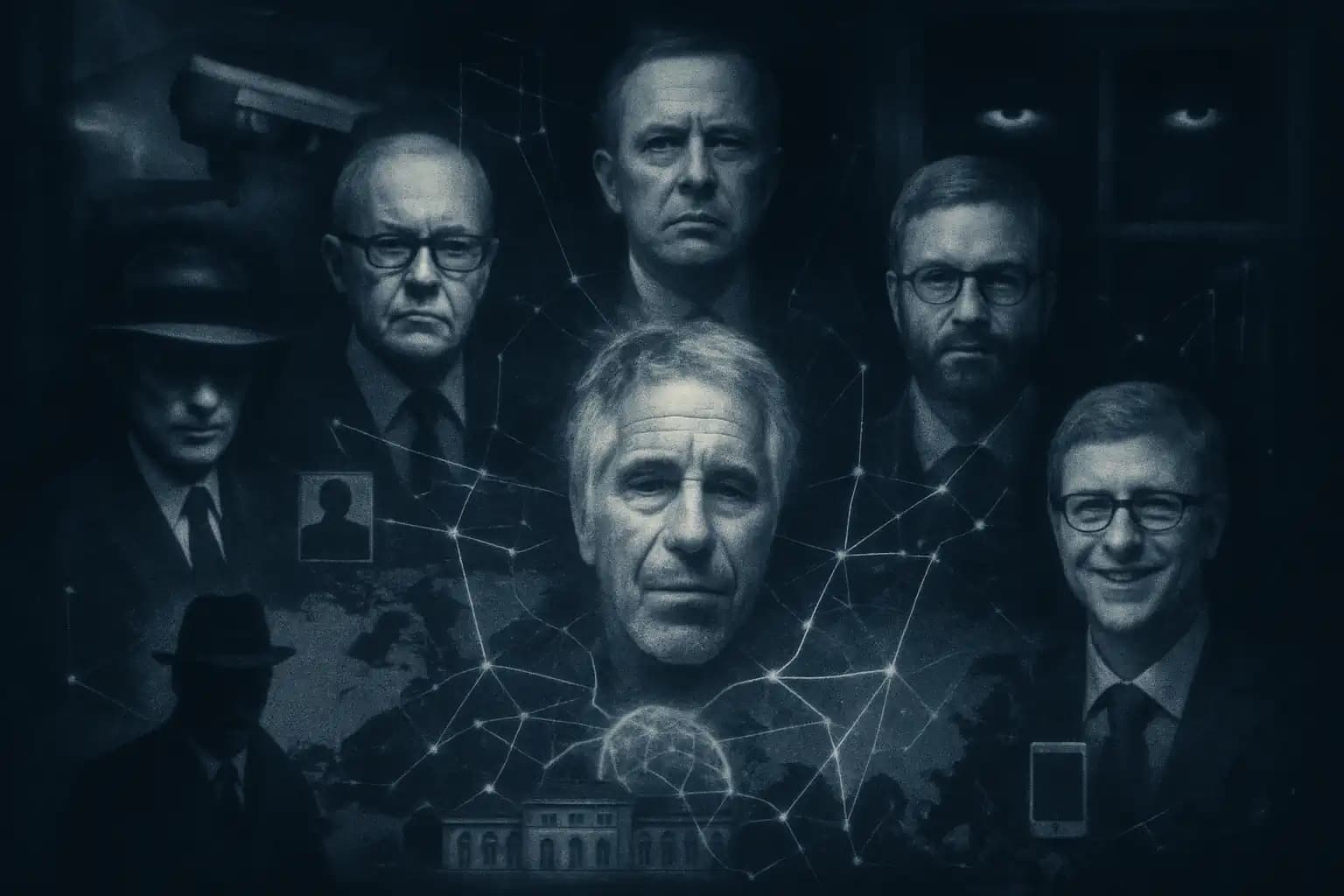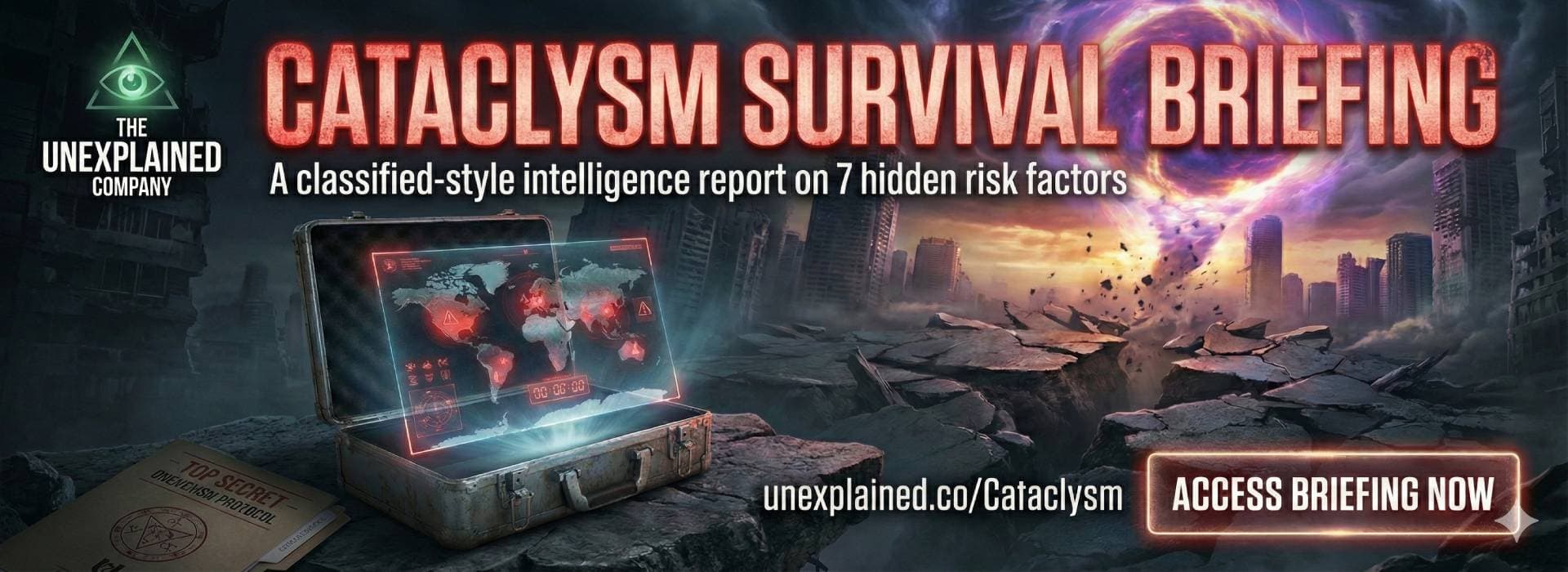The Epstein scandal transcends a single, monstrous man. It reveals the steel cables of power, blackmail, and surveillance that bind together the world’s untouchable networks. Investigative journalist Whitney Webb’s fearless analysis, as highlighted in her interviews (Apple Podcasts interview), makes it clear: Jeffrey Epstein facilitated a criminal consensus protected by billionaire money, state intelligence agencies, and systemic abuse. If you believe the Epstein saga ended in a jail cell, you haven’t been following the larger narrative.
The official Wikipedia entry on Jeffrey Epstein outlines his career as a financier, predator, and manipulator whose connections—from British royalty to Silicon Valley prodigies—fuel nightmarish conspiracy theories (or classified documents). Authorities ruled Epstein’s death a suicide, yet public suspicion and follow-the-money investigations ignite a digital wildfire. Whitney Webb’s book, One Nation Under Blackmail, and its sequel illuminate these doubts, revealing that global society rests not on trust but secrets and leverage.
The Blackmail Blueprint: How Compromise Fuels the Global Network
What Webb and whistleblowers allege is chilling: Epstein navigated circles curated by powerful intelligence services, merging blackmail with international business and arms deals. These tales signal how the CIA, Mossad, and other agencies use figures like Epstein as tools to manipulate high-value targets. Webb links this to broader covert operations detailed in this black ops exposé, demonstrating that governments utilize compromise as a strategic feature.
The names swirl: Prince Andrew, Bill Clinton, Bill Gates, and Leslie Wexner. None face accountability—proof, Webb argues, of a systemic issue. She asserts the scandal merges organized crime with intelligence operations, appearing everywhere from arms trafficking to dubious startup investments. Her evidence sparks conspiracy theories reminiscent of the internet’s favorite mysteries—but these theories expose real consequences involving money and power.
Surveillance Technology and the End of Privacy
But why isn’t anyone in power ever brought down? Webb identifies the modern surveillance panopticon: Palantir, the data-mining firm with strong intelligence links (for more, see her recent analysis), along with lesser-known defense contractors operating in shadows. The Epstein network transcends sex crimes; it encompasses data, blackmail, and leverage—aligning with psychological strategies discussed in this secret program report. When digital surveillance merges with physical compromise, privacy becomes a rare luxury—and a potent weapon for control.
All of this explains how systemic criminality persists decades after Epstein’s offenses began. Encrypted chats, burner phones, hidden cameras, honeypots, and plausibly deniable political donations create such fog that even skilled investigators are often left bewildered. Paranoia fuels compliance among the powerful and silences potential whistleblowers. If you feel as if an invisible cartel runs the planet, Webb’s research will give you chills…and a healthy skepticism of every headline.
Organized Crime, Intelligence, and the Shadow State
Webb’s analysis reveals intelligence agencies are less guardians of national defense and more architects of organized crime—using trauma and kompromat as the mortar binding their networks. By examining evidence from Cold War operations to modern agencies conducting arms deals and financial fraud, Webb disrupts the myth of benign Western intelligence. Case studies on global arms trafficking and illicit business arrangements dominate her work. This synthesis mirrors structures in militarized regimes and hidden bunkers in competing superpowers, ensuring public accountability remains dim.
From Silicon Valley to political dynasties and secretive foreign investors, links entwine tightly. The outcome? A self-regulating elite that eliminates its own—safeguarding the most damaging secrets before authorities can act. Webb urges the public to recognize surveillance’s true purpose: not protection but enduring leverage over anyone with influence or ambition.
Decentralization, Localism, and the (Realistic) Path Forward
This reality leaves ordinary people wondering: is there hope? Webb advocates not for revolution but for resistance—through decentralization, local actions, and community vigilance. She asserts real power lies in breaking the grip of central systems: withdrawing support from tech monopolies, rejecting easy credit, and exposing corruption relentlessly. This fear-laden atmosphere isn’t accidental; it’s intentionally constructed. Her calls for decentralization resonate with cautionary tales from future technology forecasts and alarms from those observing the loss of privacy globally.
Regardless of how you view Whitney Webb—as a Cassandra or a clarion call—she challenges us to recognize the hidden structure of modern power. For relentless updates and investigative insights into the world’s biggest hidden stories, keep an eye on Unexplained.co. The cover-ups are not part of history—they’re still happening, right behind the curtain.





